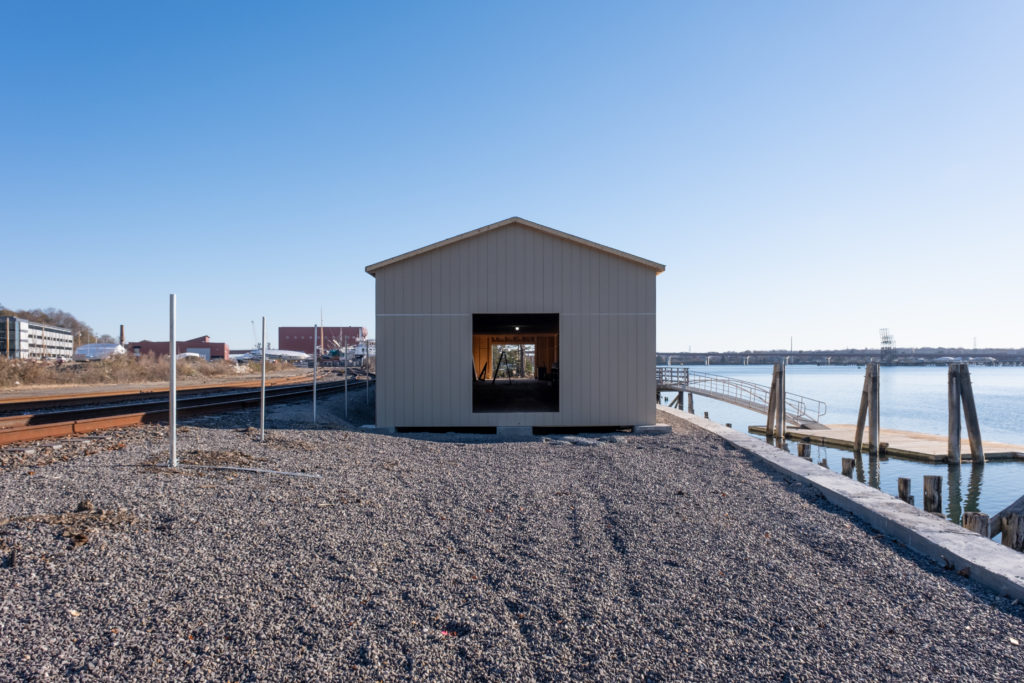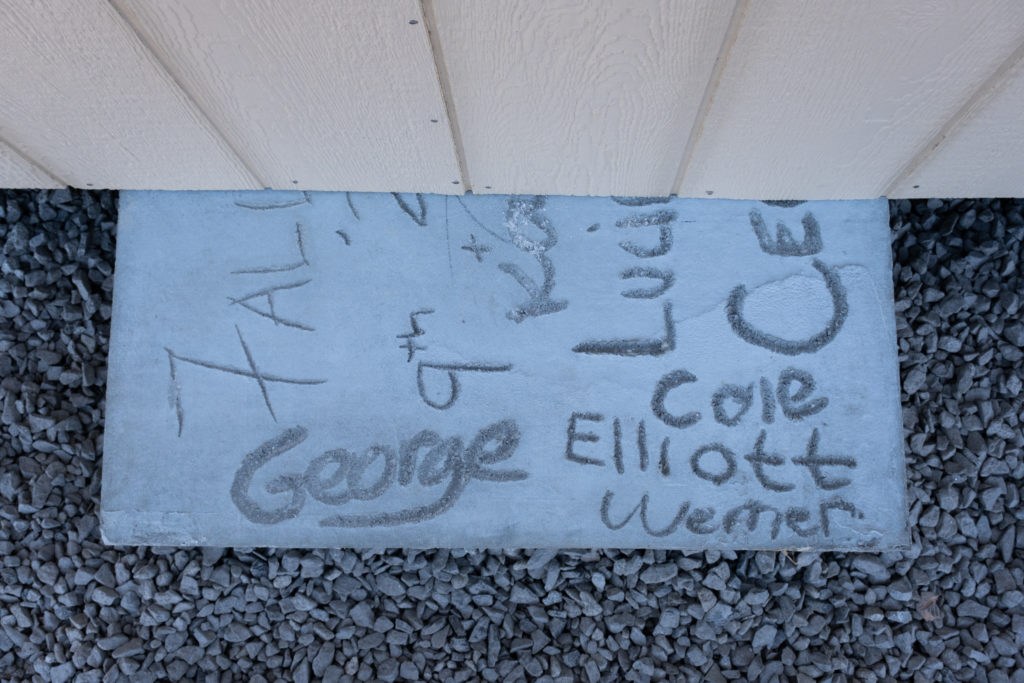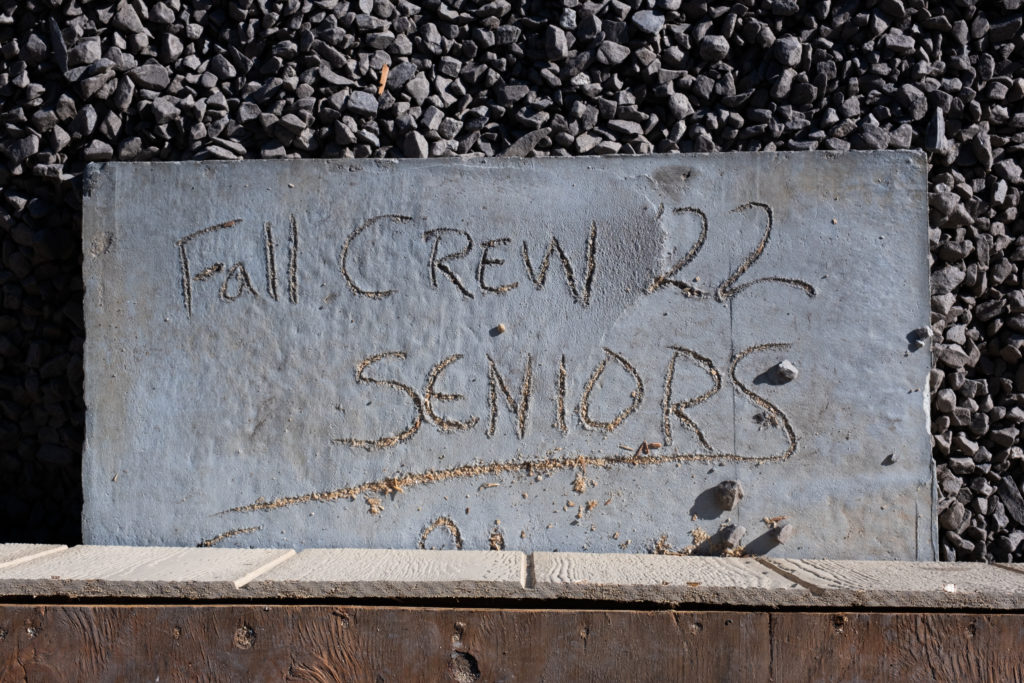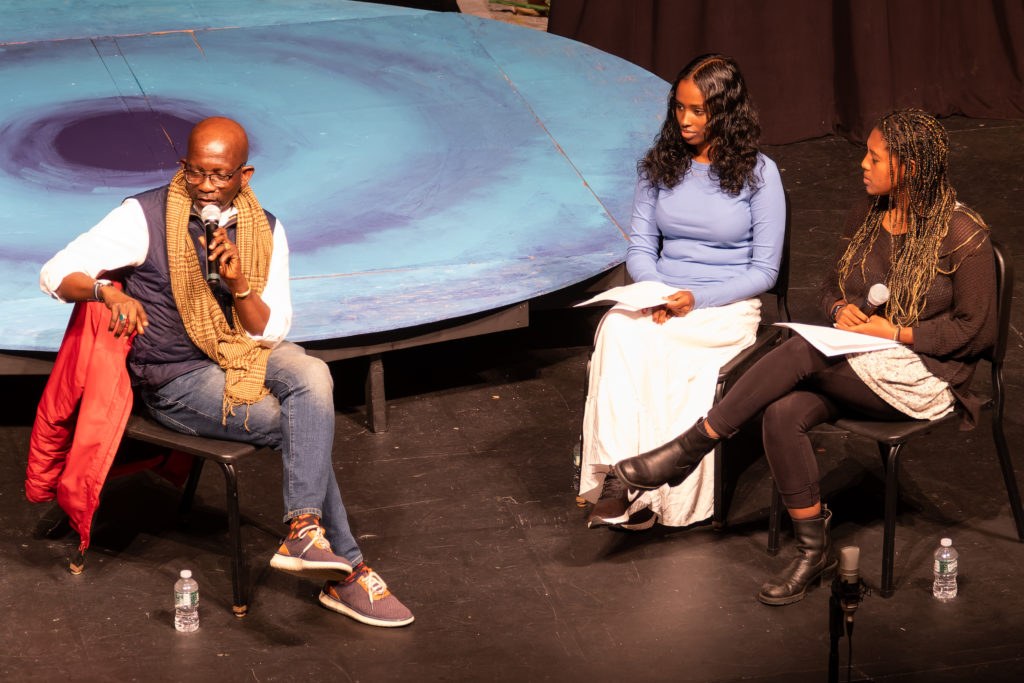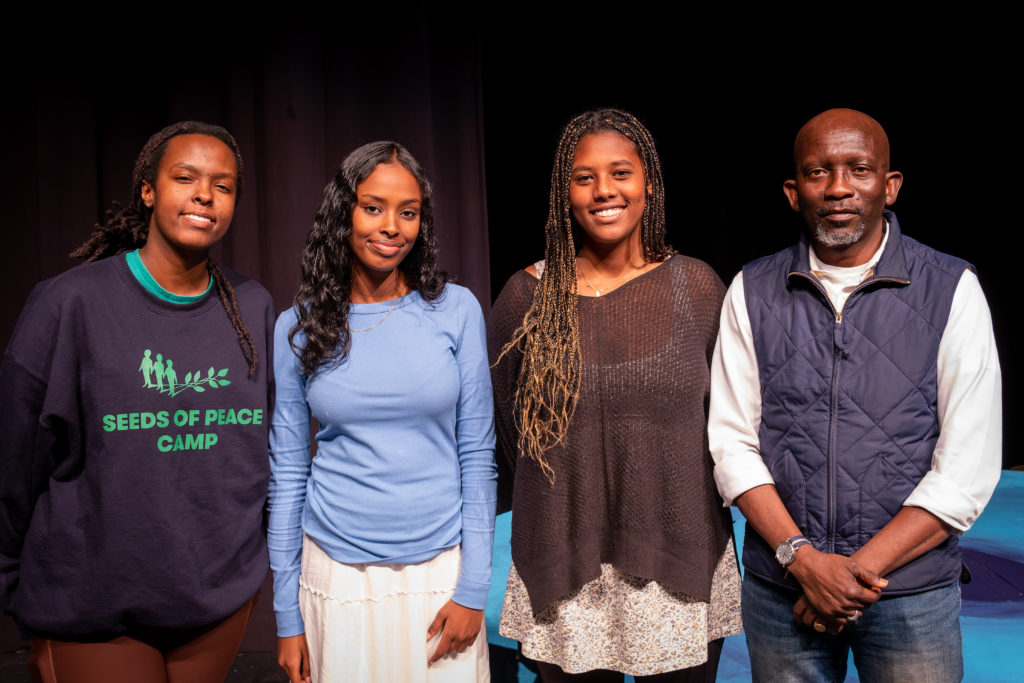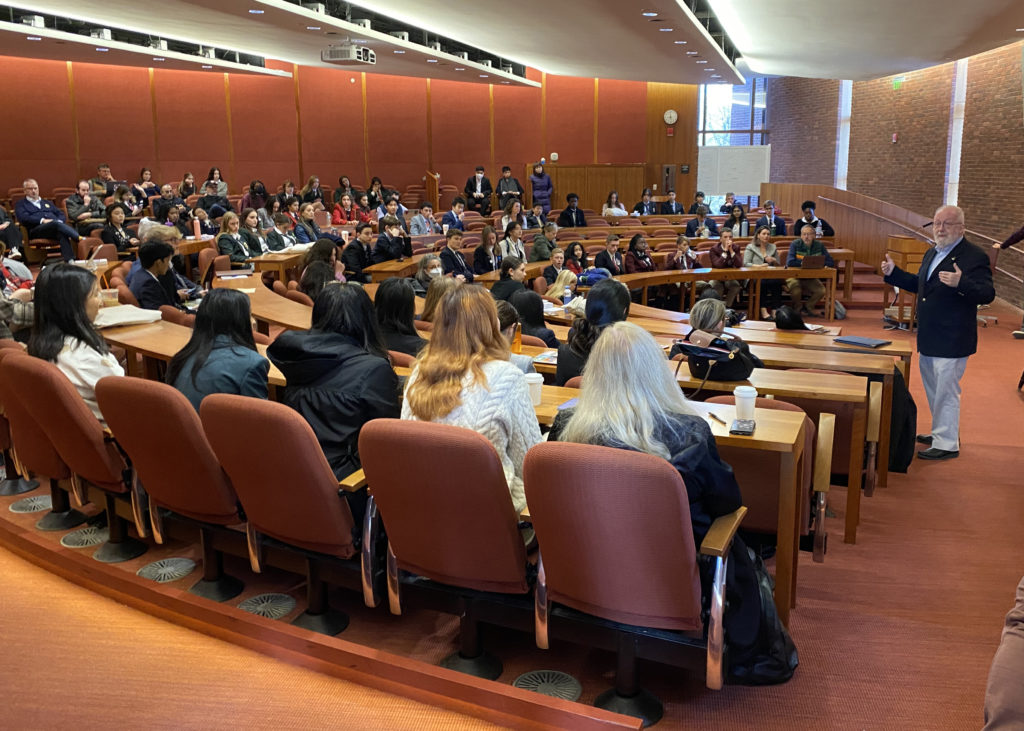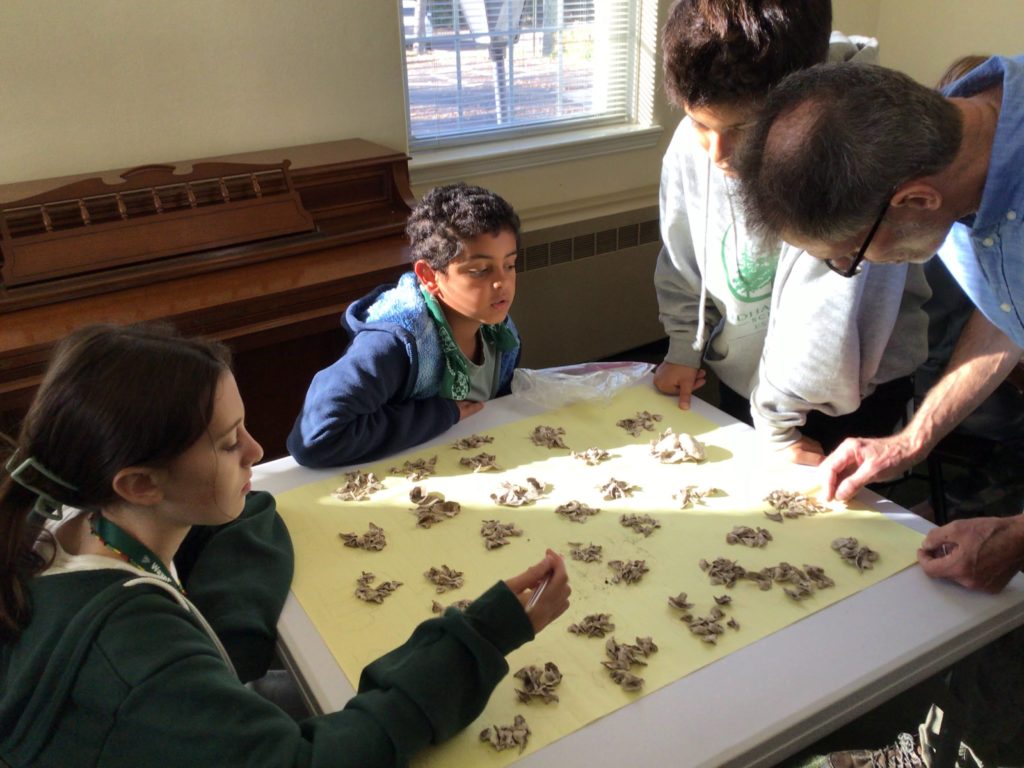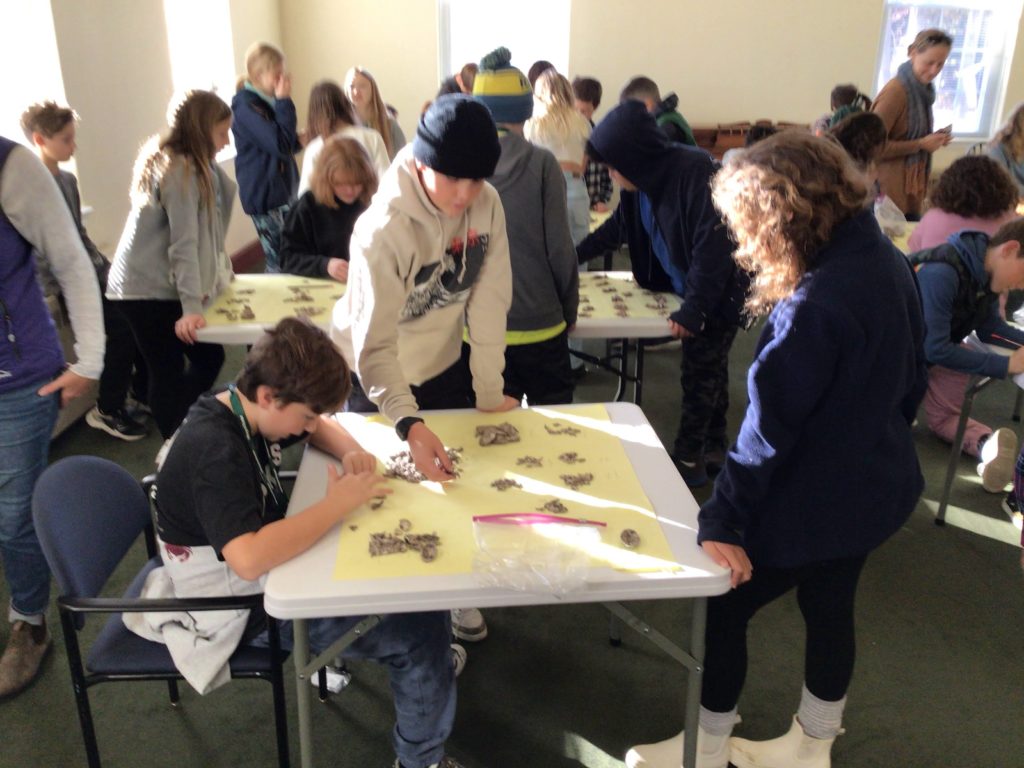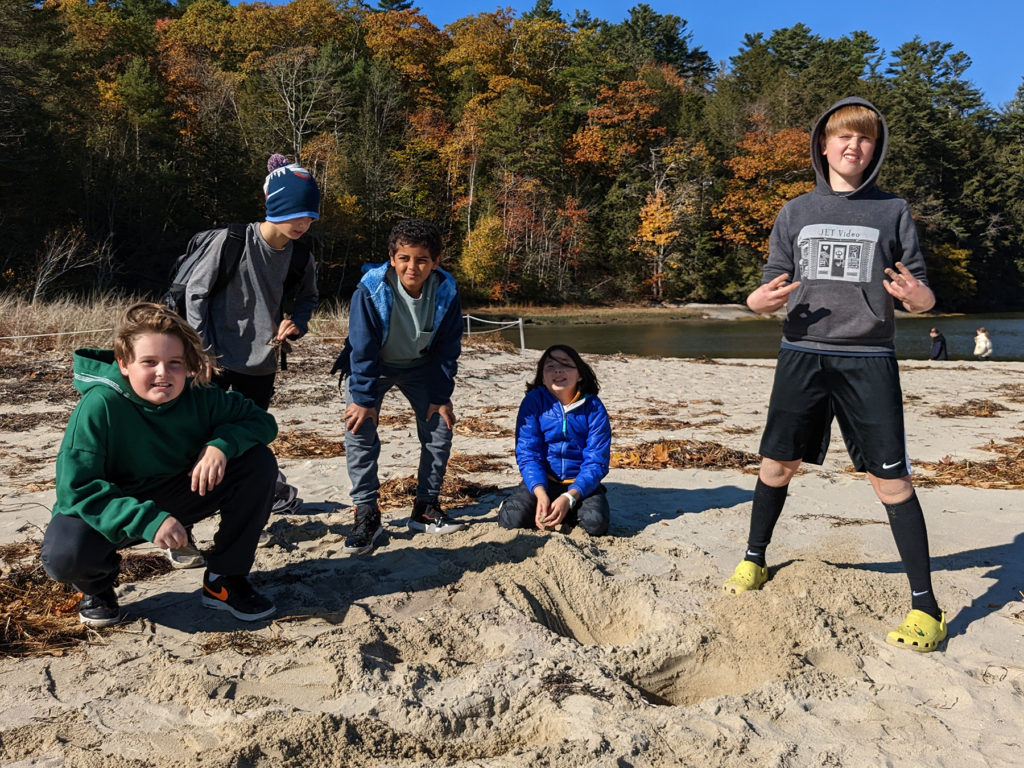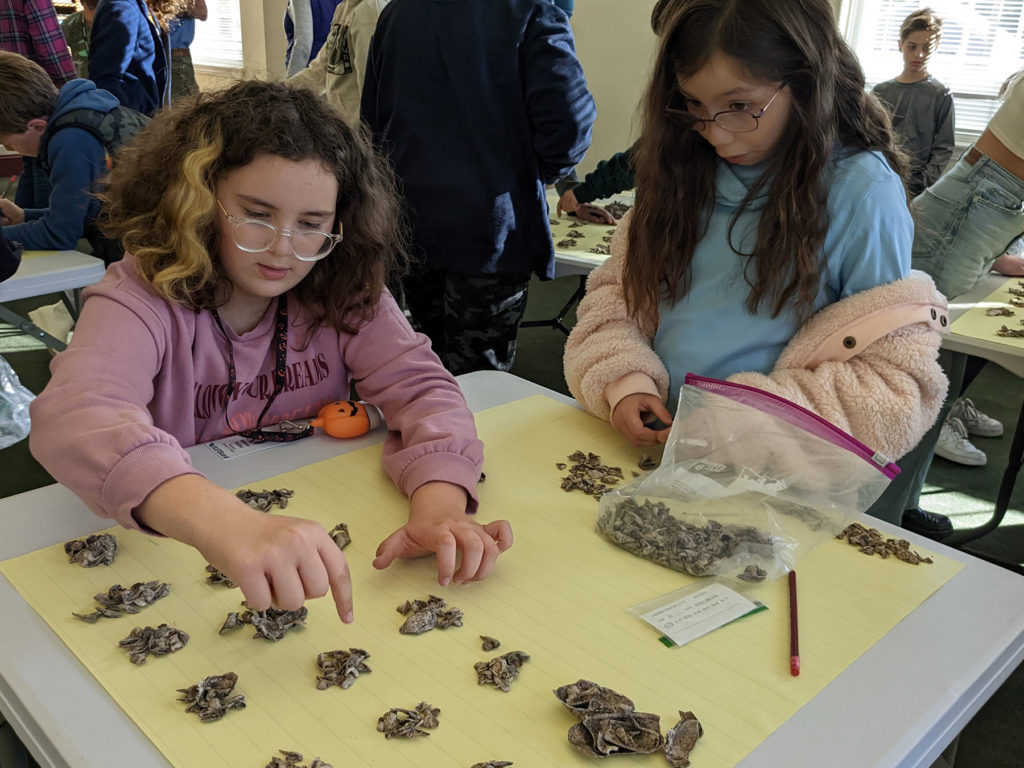Anti-bias teaching has long been an essential component of Waynflete’s curriculum. Faculty member Kate Ziminsky recalls that when she began her tenure at the school in 2004, organizations like Teaching Tolerance were already hard at work helping teachers address justice and equity issues in the classroom. Social-emotional learning; culturally responsive teaching practices; differentiation; and diversity, equity, and inclusion have also emerged as important considerations for curriculum planning. “As educators, we were taught to differentiate primarily based on a child’s learning profile,” Kate says. “We now understand that considering all the characteristics of a student’s identity—including their culture and family structure—is what offers them more equitable access to learning.”
Today, “social justice standards” have an increasingly prominent impact on programming in schools across the country. The standards are a product of the Southern Poverty Law Center’s (SPLC’s) Learning for Justice affiliate, whose staff work in partnership with educators, students, caregivers, and communities to advance the rights of everyone through the domains of identity, diversity, justice, and action. They provide a common language and organizational structure; according to the SPLC, “teachers can use them to guide curriculum development, and administrators can use them to make schools more just, equitable, and safe. The standards are leveled for every stage of K–12 education and include school-based scenarios to show what anti-bias attitudes and behavior may look like in the classroom.”
Waynflete educators were first exposed to the social justice standards at an Association of Independent Schools of New England conference in April 2021. Lower School Director Anne Hopkins, Kate, and other faculty members attended a workshop that explored the process of integrating the standards into a K–12 school curriculum—introducing them to teachers, defining learning objectives, and developing guiding questions. The session was run by staff from Rise DEI, a consultancy that provides professional development training in the areas of systemic equity, restorative justice, and culturally responsive pedagogy.
The value of the social justice standards initiative was immediately evident to Waynflete’s conference participants. “Our goal with students is to grow a confident and secure sense of self, but also an understanding and appreciation for others,” says Anne. “I saw that the social justice standards framework could help children understand their relationship with others in our community and teach them how to be caring citizens—not just at Waynflete, but in Portland, in Maine, and across the world.” Supported by a toolkit and road map from Rise DEI, Lower School faculty began the work of building the standards into the curriculum for the upcoming school year.
Bats!
As September approached, Stacie Thomas and her colleagues in Waynflete’s kindergarten/grade 1 (K–1) program were busy planning for the first semester. This work is increasingly driven by “backward design,” an approach to programming that identifies desired results at the outset, determines “acceptable evidence” (i.e., how teachers will know if students have achieved the desired results and met the standards), and concludes with the planning of instruction and learning experiences.
Guiding the teachers in their planning this year are the recently crafted essential questions for K–1: What do I need to live a happy, healthy life (identity standard)? What do others need to live a happy, healthy life (diversity standard)? What gets in the way of all living things experiencing a happy, healthy life (justice standard)? And what can I do to ensure that every living thing lives a happy, healthy life (action standard)?
One of the K–1 program’s first units would be an animal study. While teachers come prepared with a candidate in mind, they are also on the lookout for, as Kate puts it, “a passion, a flame that comes up” in the classroom (this openness is a key tenet of the emergent curriculum, a pedagogical approach in the younger grades where children play an active role in determining the curriculum path). K–1 students made their choice clear: this was the year for bats!
An intriguing aspect of the social justice standards is that they can be integrated into any subject-matter or discussion, from literacy and mathematics to science and creative movement. A study of bats is no exception. K–1 advisors and Lower School content area specialists flew into action, designing a curriculum that would accommodate student interests while ensuring that learning objectives would be met. Over the course of the semester, the class would explore bat anatomy, adaptations, habitats (including through a trip to Maine Audubon), food sources, family structures, and threats. All the while, teachers were skillfully weaving in elements of the social justice standards’ essential questions. What does a bat need to live a happy and healthy life, anyway?
“They turn into vampires!” “They drink blood!” “Eww!” There was some understandable trepidation in the classroom as the unit began. Like wolves and sharks, bats are fascinating creatures that are frequently misunderstood. Enter Kate, who is uniquely talented at transforming children’s fear of the unknown into a state of wonder. While Kate currently serves as a faculty support coach for Responsive Classroom; social-emotional learning; and diversity, equity, and inclusion (and has worn many other hats at the school over the years), she was previously a natural history educator and wildlife researcher/rehabilitator. “You mention anything about the natural world, I’m in,” she says. “In this case, I was able to help make the connection between the class’s learning objectives and the social justice standards framework.”
Students were transfixed by Kate’s lessons, learning that bats are the only flying mammals, that they have thumbs and fingers that resemble our own hands, and that there are almost 1,500 different species (and most of them are endangered!). More importantly: do you know how many mosquitoes bats can eat in an hour? “Kate is just so good at helping to get rid of scary myths,” says Stacie. “She helped the kids understand all the reasons why bats are wonderful and all that they do for our environment—and that they’re not going to hurt you.”
One of the defining features of Waynflete’s Lower School is the close coordination between classroom teachers and specialists in related disciplines such as visual arts, the library, music, creative movement, Spanish, and physical education. While colleagues meet on a regular basis to discuss collaboration, opportunities often emerge organically during the school day. “Our responsibility in the Lower School is to create a connected, interdisciplinary experience for students—it’s what makes Waynflete unique,” says Anne. “Our grade-level teams regularly discuss how to make this happen.”
Mary Rehak has been including bat studies in her visual arts curriculum for more than 15 years (bat artwork provides her with an excellent opportunity to assess children’s drawing and cutting skills). With the introduction of the social justice standards this year, Mary created an updated lesson plan that served as a platform for students to explore how creatures like bats are commonly misunderstood due to their appearance, and how painful it can be to be maligned, ostracized, or excluded. “That cry for help creates a social-emotional connection for K–1’ers,” observes Kate, who worked in concert with Mary. “You see that feeling starting to develop—‘yeah, we’ve got to help them!’”
From librarian Laurel Daly’s perspective, the timing of this year’s bat study was serendipitous. One of the nominees for the annual Maine Chickadee Award (a book award selected by Maine students in grades K–4) is Amara and the Bats. Under Laurel’s direction, students explored the differences between bat fiction and nonfiction, then created bookmarks that incorporated what they had learned about helping bats. They shared their creations with their grades 4–5 buddies—an example of the social justice standard of “action.” Fears had begun to dissipate by the end of the unit, with some students declaring that “bats were actually kind of cute.”
. . .
Waynflete’s mission calls for encouraging students’ “responsible and caring participation in the world.” While this work becomes more visible in Upper School, as demonstrated by The Can We? Project and The New England Youth Identity Summit, it takes place in a developmentally appropriate way in all grades. Introducing concepts like the social justice standards at an early age helps children become, as Kate puts it, “individuals who want to engage with their communities and with each other to enhance the human experience.”
For Laurel, the standards dovetail with the natural progression of young people—from seeing the world from their own perspective to “seeing the world in a wider way, not with themselves as the center, but rather as being one of many.” She observes that it is empowering for young children to recognize injustice, to know that they have the ability to be change makers, and to have the capacity to educate others.
“The social justice standards support the lenses of diversity, equity, inclusion, and belonging in a very age-appropriate way,” says Anne. “The goal for all of us in the Lower School is to create a sense of belonging so that, together, we can be the change in the world that we want.”
Learn more about the social justice standards

